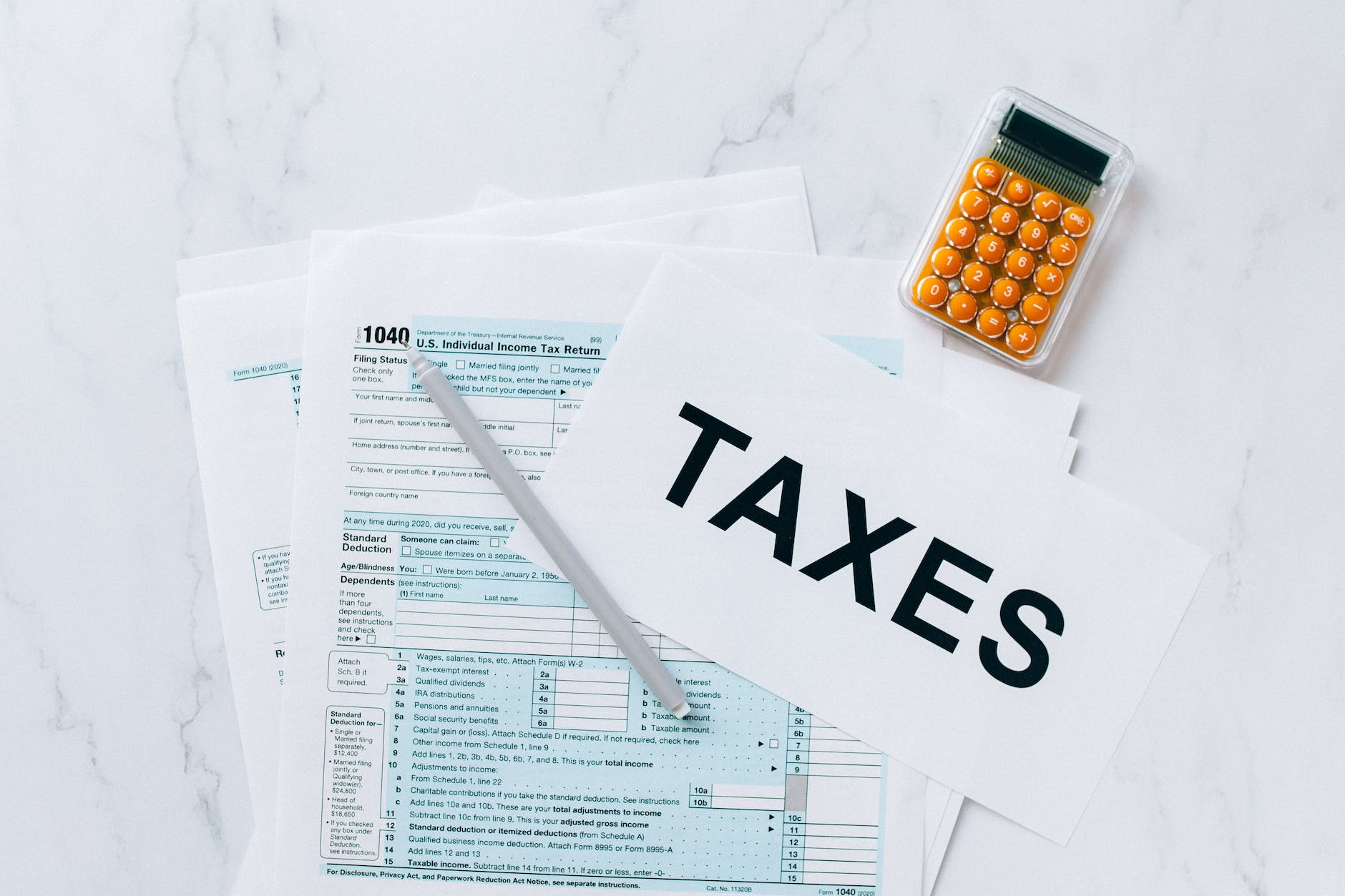The high taxes have been on the lips of many a Kenyan, wondering how to survive the taxman’s onslaught. Here we explain the simple ways you can minimise the burden. This can be an effective way to increase one’s overall financial well-being. Here are a few suitable considerations you can use to reduce your tax burden.
Pension plans
One of the most effective ways to reduce your tax burden is to contribute to an occupational or individual pension plan.
By contributing to either pension plans, you can reduce your taxable income, which, in turn, will lower your overall tax bill.
In Kenya, contributions to a registered pension scheme are tax-exempted up to a maximum of Sh20,000 per month or Sh240,000 per year.
This means that by investing in a pension plan, you can reduce your taxable income by up to Sh240,000 per year, which can help to lower your overall tax burden.
Life insurance policies
Another way to reduce your tax burden is to invest in life assurance. Life insurance policies are designed to provide financial protection to your loved ones in the event of death or permanent and total disability of the principal member, but they can also serve as a tax-efficient savings vehicle.
Premiums paid on a life insurance policy are tax-exempted up to a maximum of Sh60,000 per year. Depending on the type of life insurance policy you choose, you may be able to deduct your premium payments from your taxable income, resulting in a lower tax bill.
However, the eligibility of this only comes about if the term of your policy is 10 years and above.
Let’s say you earn Sh350,000 per month and pay Sh20,000 in life insurance premiums. In this case, your taxable income would be reduced to Sh347,000 resulting in a lower tax bill (due to a 15 percent tax relief on the Sh20,000 insurance premium paid).
It’s worth noting that not all life insurance policies offer tax benefits, and as such it’s essential to speak with an insurance broker to determine which type of policy is right for your specific needs.
Education policies
Additionally, investing in an education policy can be a tax-efficient way for future education expenses.
Be it your own quest to further your education or having children with a need to plan for their future education, contributions to an education savings plan are tax-exempted at 15 percent of your premium up to a maximum of Sh5,000 per month or Sh60,000 per year.
Mortgage relief
Acquiring a mortgage facility for your own house helps reduce your tax burden as you will enjoy tax relief on the interest to a maximum of Sh25,000 per month or Sh300,000 per annum.
Homeownership savings plan
Enrolling in a registered home ownership savings plan also helps you reduce your tax burden as the deposits into the savings plan shall be exempted from tax up to a maximum of Sh4,000 per month.
It is essential to speak with a financial advisor or tax professional before making any significant financial decisions. Every individual’s financial situation is unique, and what works for one person may not work for another.
By working with a professional, you can ensure to make the best financial decisions for your specific needs and goals.
Invest in a tax-free environment
There are tax-free environments where you can invest your money. A good example is a bank like the Kenya Post Office Savings Bank (PostBank), where interest income from your fixed deposits is tax exempted. This is because PostBank is regulated by the Kenya Post Office Savings Bank Act Cap 493B, while other commercial banks in Kenya are licensed and regulated by the Central Bank of Kenya.
Get disability relief
Persons with disabilities are assessed by a government medical institution and upon assessment report; the National Council of Persons with Disabilities registers the person. If you are a person with disability, by virtue of this registration, you can apply for an exemption certificate at the Kenya Revenue Authority (KRA). Persons with disabilities are exempted from tax on their taxable income of up to Sh1.8 million per year, which is Sh150,000 per month. Therefore, if you are in business or employment and do not have an exemption certificate, you are losing out on huge savings.
Avoid fines and penalties
Failure to pay taxes or file tax returns is expensive. The law requires that all persons, including companies, submit their returns to the Commissioner of Domestic Taxes within six months after the end of the accounting period, or by 30th June of each year for individuals. Non–compliance will result in penalties being charged which may include fines and/or imprisonment. Omitting any amount of income that should have been included in your return of income attracts a penalty equal to double the difference between the tax chargeable and the normal tax. If you file a return of income after due date, you will incur additional tax equal to five per cent of the normal tax or Sh20,000 for individuals, whichever is higher, and that is charged every 12 months. Interest on unpaid tax is calculated at the rate of two per cent a month on any unpaid amount, including the penalty, one month after the due date











